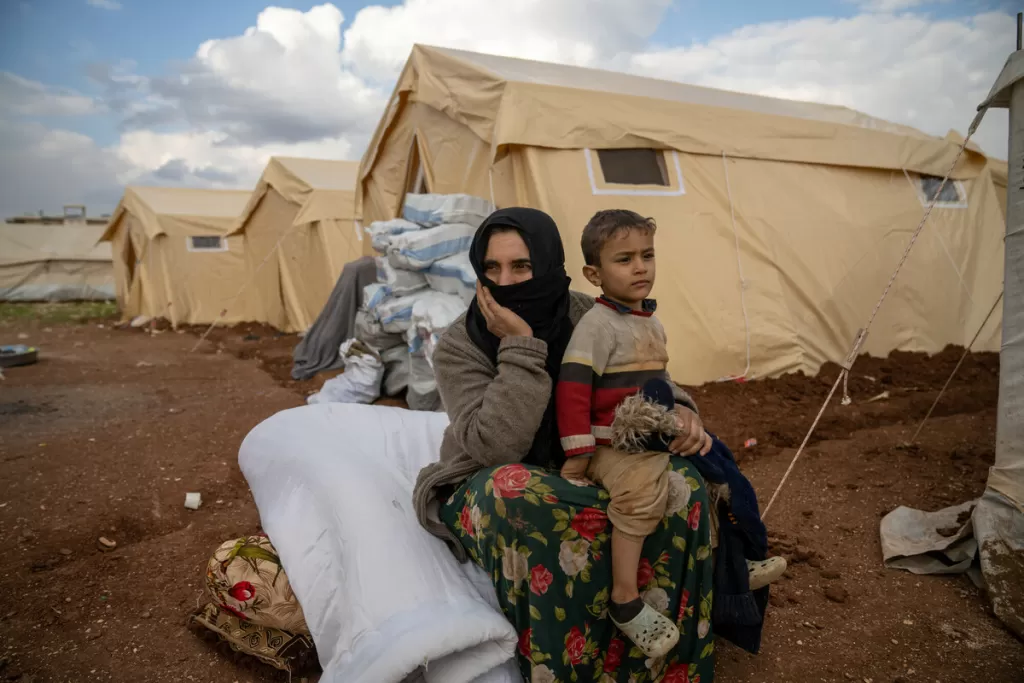
Turkey-Syria earthquake: What does humanitarian aid look like in 2023?

The Turkish Red Crescent provide blankets to people affected by the earthquake. Credit: Turkish Red Crescent
Why do we no longer see as many international aid workers on the ground?
Ten to 15 years ago, you would see a lot more UK-based teams packing up and deploying to areas impacted by humanitarian crisis.
However, over time charities have established trusted networks of local staff and partners who support on the ground. As a result, it is no longer practical for a mass number of international workers to be deployed into affected areas.
In Syria for example, our 14 DEC charities and their local partners have been responding to the conflict over the past 12 years and are now deeply familiar with the region, making them best placed to provide aid there.
Apart from a few specialist teams such as search and rescue, we no longer live in a time where we have to fly international aid workers to affected regions or transport stock from the UK. The world is interconnected. We know people who were having holiday in Turkey, we have friends in Syria. It’s so important for us to stand in solidarity with people who are suffering at all costs.


Aid workers delivering water to people affected by the earthquake. Credit: Rami Sabbagh

Amal * sits with her son in front of a tent in Jenderes, Syria. Credit: Karam Al-Masri/DEC

